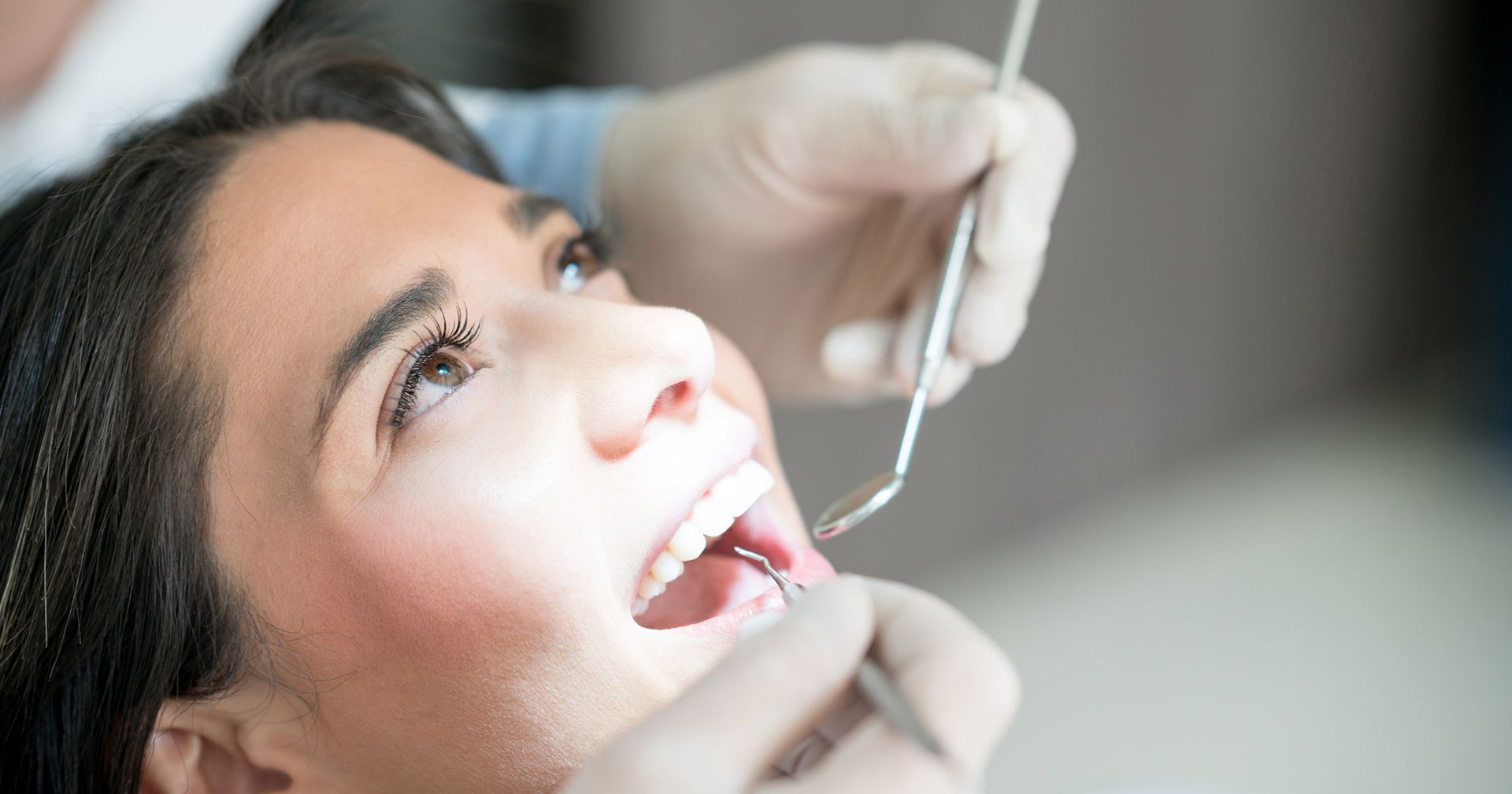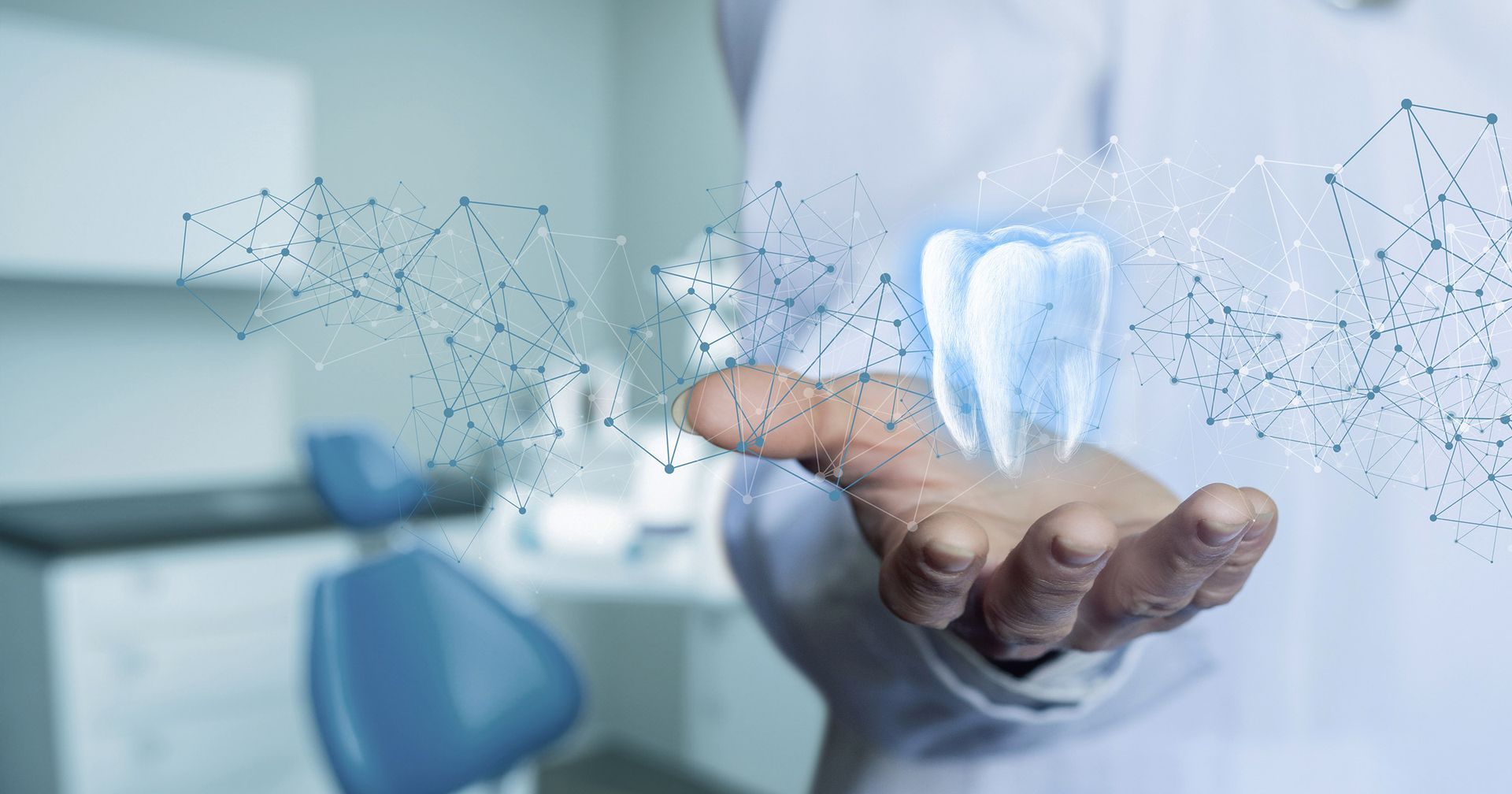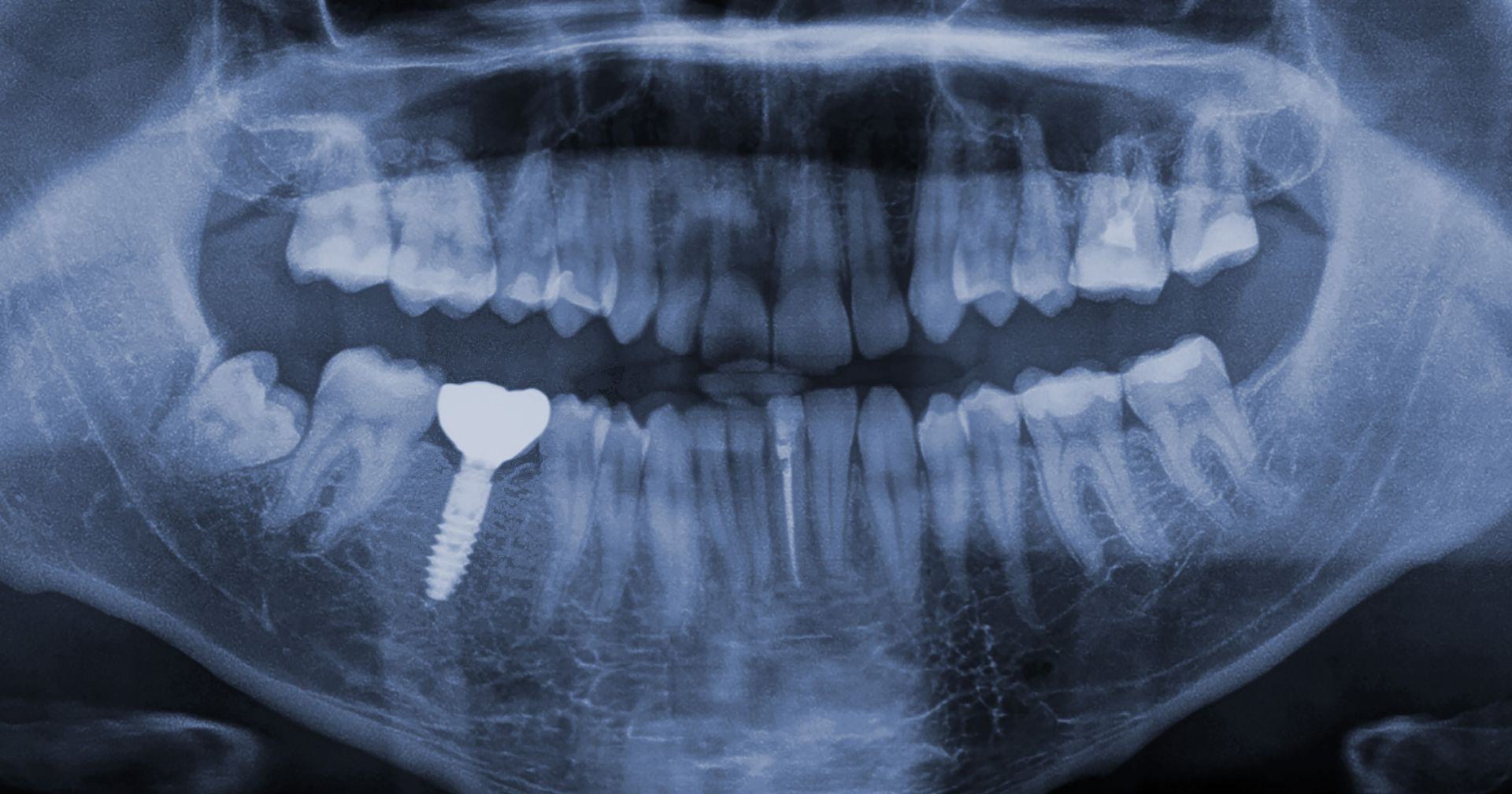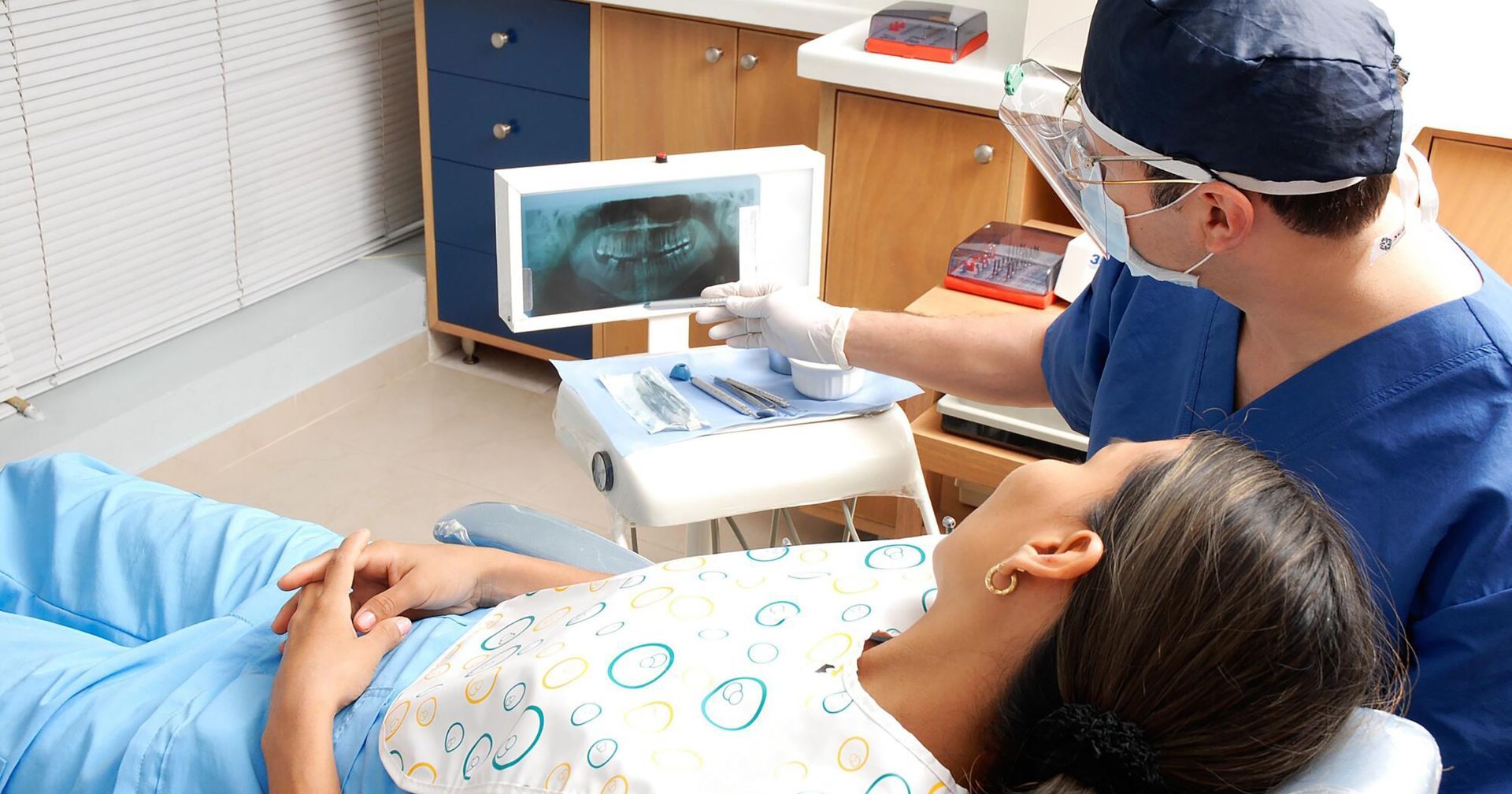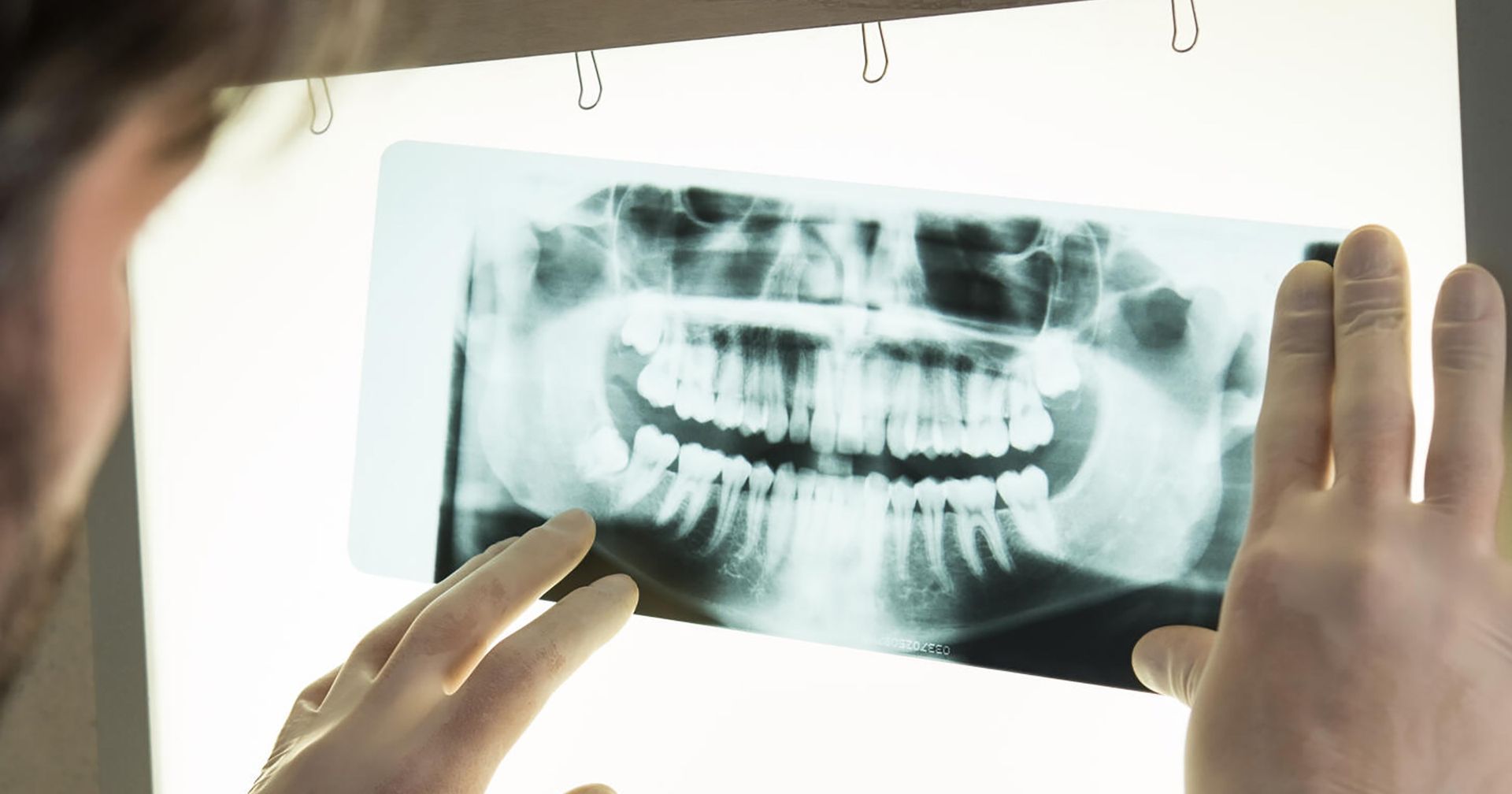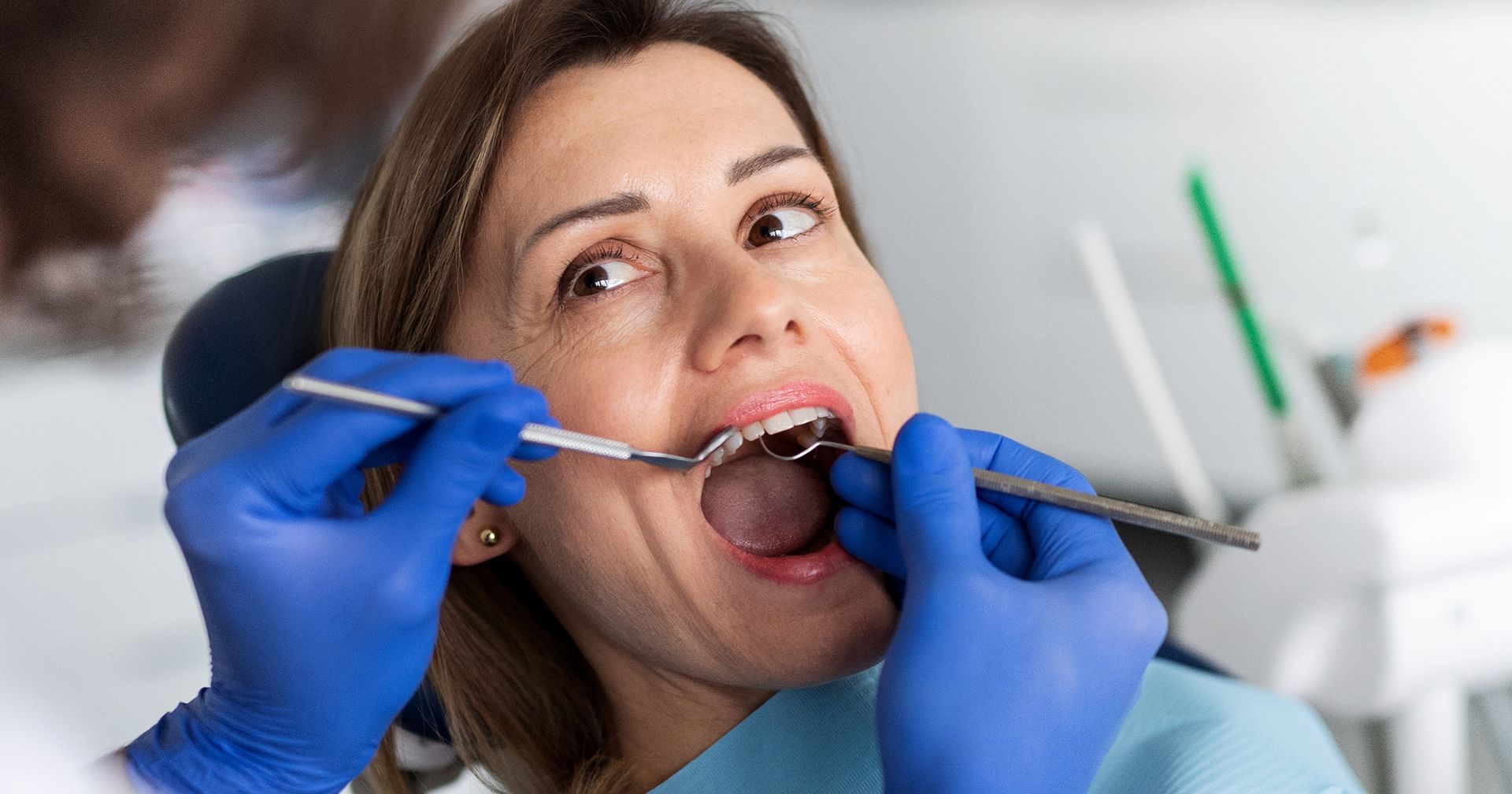Do Dental Implants Hurt? Know What to Expect
Do dental implants hurt? Learn what to expect and alleviate your fears. Schedule your appointment with Century Farms Dental now!
A post by Harvard Gazette, citing the American Academy of Implant Dentistry, reveals that about 3 million people in the U.S. have dental implants. The number grows by roughly 500,000 each year.
To replace missing teeth, you might be considering implants as a lasting and natural-looking solution. However, you might wonder, 'Do dental implants hurt?' It's a fair question, as surgery often brings concerns about pain and recovery.
Some people worry about discomfort during the procedure, while others think about the days after. Understanding the process can remove uncertainty and help you feel more confident about your choice. Learn what to expect during the dental implant procedure and in the recovery period afterward.
Dental Implant Surgery Is Painless With Anesthesia
Dental implant procedures are done under local anesthesia, keeping you comfortable the whole time. Your dentist will numb the treatment area so you won't feel sharp pain. Some patients choose mild sedation if they feel nervous, which helps them relax.
Once the numbing takes effect, you may feel pressure or slight movement but not pain. Modern techniques make the process easier than many expect.
You can talk with dental specialists from Century Farms Dental to learn more about this surgery. They can answer your questions, calm your fears, and help you prepare for a smooth and confident experience.
Mild Soreness After Surgery Is Normal
After the anesthesia wears off, it's normal to experience:
- Swelling around the gums or jaw
- Tenderness in the treated area
- Minor gum irritation
- Slight bruising on the cheek
- A small amount of bleeding
These reactions are part of your body's natural healing process. Most patients describe this post-surgery discomfort as mild and manageable. The first two to three days usually bring the most noticeable symptoms, which then improve.
Cold compresses on the outside of your cheek can help reduce swelling. Sleeping with your head slightly elevated can limit fluid buildup overnight. Rinsing gently with warm salt water keeps the area clean and soothes irritated gums, helping your body heal more quickly and comfortably.
Over-the-Counter Pain Relief Works Well
Most people find that over-the-counter pain relievers ease soreness after dental implant surgery. Medicines like ibuprofen or acetaminophen help:
- Lower swelling
- Reduce discomfort
- Control mild pain
- Prevent inflammation
- Make it easier to rest
Taking the right amount, as directed on the package, is vital for safety and the best results. Applying a cool, damp cloth to your cheek can bring relief when pain flares up. Drinking plenty of water and resting support your body's healing process.
Avoid heavy physical activity during the first few days to prevent extra strain. If pain worsens or lasts longer than expected, contact your dentist. Simple steps like these help you manage implant pain and keep recovery smooth.
Follow-Up Visits Help Ensure Proper Healing
After a dental implant surgery, you'll be advised when to come back for a follow-up visit. If you're feeling well, skipping it might seem tempting. Don't do that, as the follow-up helps:
- Check implant healing progress
- Detect early signs of problems
- Take X-rays if needed
- Adjust care instructions
- Answer your questions
These visits allow your dentist to make sure your implant is bonding well with your jawbone. Early detection of issues can prevent serious complications.
Your dentist can update your care plan based on how your mouth is healing. Regular follow-ups provide peace of mind by reassuring you that recovery is on track. Staying consistent with visits supports your implant's long-term success and helps protect your new smile.
Gentle Oral Care Speeds Up Healing
Proper oral hygiene plays a key role in preventing infection and supporting tissue healing during dental implant recovery. Gently brushing your teeth while avoiding the surgery site helps prevent irritation and damage. Use a soft-bristled toothbrush to clean nearby teeth without hurting the gums.
Avoid alcohol-based mouthwashes because they can dry out or irritate sensitive tissue. Removing food particles from your mouth lowers the chances of infection. It's best to keep your mouth clean without disturbing the healing area.
Staying consistent with gentle oral care provides your implant the best chance to heal well. Taking care of your teeth and gums supports faster healing and helps your new implant bond properly.
Soft Foods Make Recovery Easier
Eating soft foods protects the surgical site from strain and irritation during recovery. Opt for foods that are easier to chew and swallow, such as:
- Yogurt
- Mashed potatoes
- Smoothies
- Scrambled eggs
- Oatmeal
- Applesauce
Avoid biting directly on the implant area until your dentist says it's safe. Nutritious soft meals supply your body with vitamins and minerals needed for tissue repair. Chewing on the opposite side reduces pressure and helps with healing.
Warm--not hot--soups can soothe tender gums and provide comfort. Gradually adding firmer foods as you feel ready supports a smooth transition. Choosing soft foods is essential for managing implant pain and promoting a faster recovery.
Smoking Can Increase Pain and Slow Recovery
Smoking after implant surgery slows healing and raises the risk of problems. Nicotine narrows blood vessels, reducing the blood flow needed for tissue repair. Tobacco chemicals irritate gums, making soreness worse and recovery harder.
Patients who stop or cut back on smoking during recovery often heal faster and feel better. Discussing your smoking habits with your dentist allows them to provide personalized care advice.
Avoiding cigarettes while healing improves comfort and supports tissue repair. Following these implant healing tips increases your chances of long-term implant success. Quitting smoking is an important step to protect your new implant and overall oral health.
Do Dental Implants Hurt? What You Need to Know
Many people wonder, "Do dental implants hurt?" before deciding on this treatment. Pain during surgery is minimal because of anesthesia, and mild soreness afterward is normal.
Recovery involves managing discomfort with simple home care and regular checkups. Knowing what to expect helps you feel more confident and less worried.
At Century Farms Dental in Antioch, TN, we focus on personalized care that puts you at ease. Our team is led by Dr. Tara, who brings 16 years of experience and a passion for helping patients.
Book an appointment with us today to start your journey toward a healthy, confident smile.


